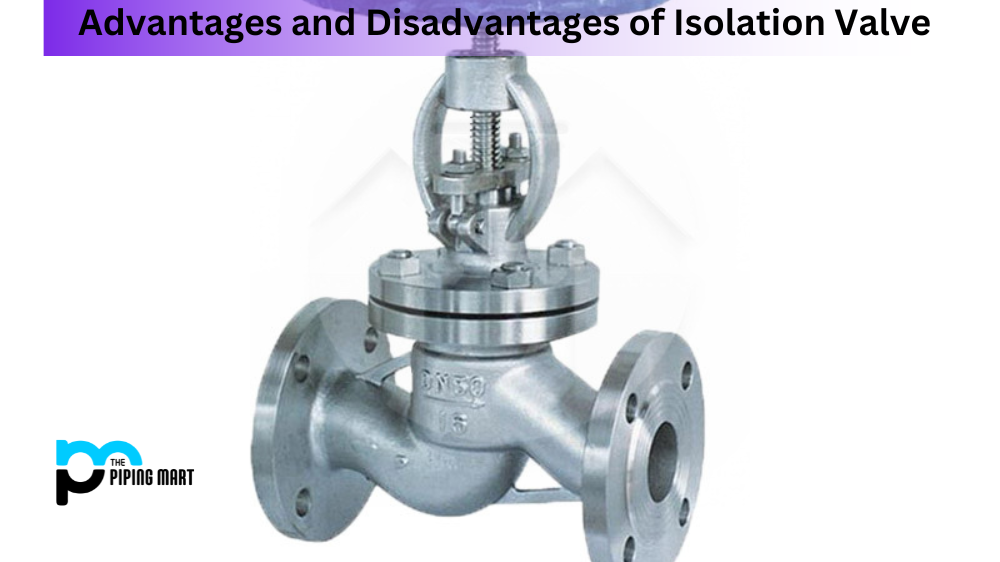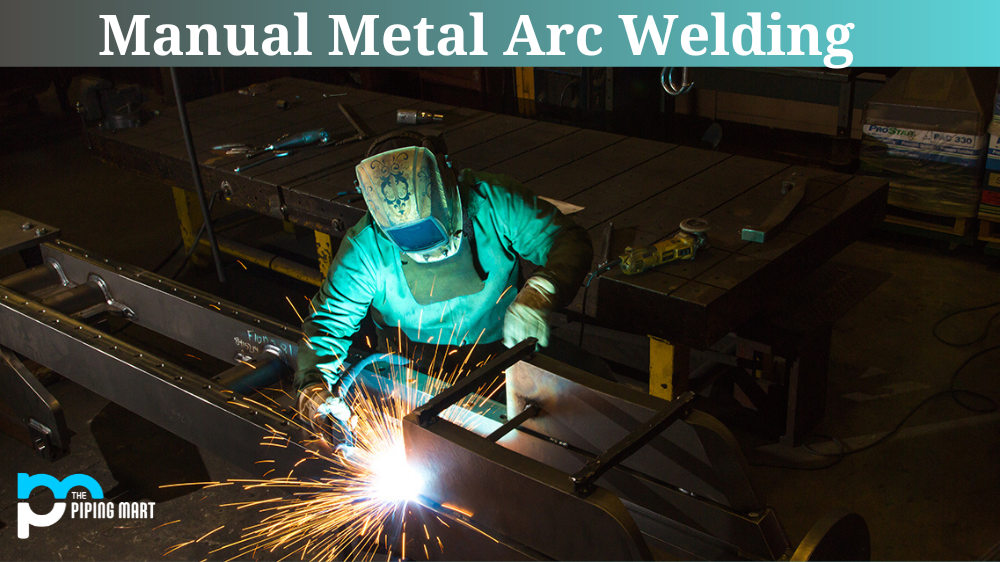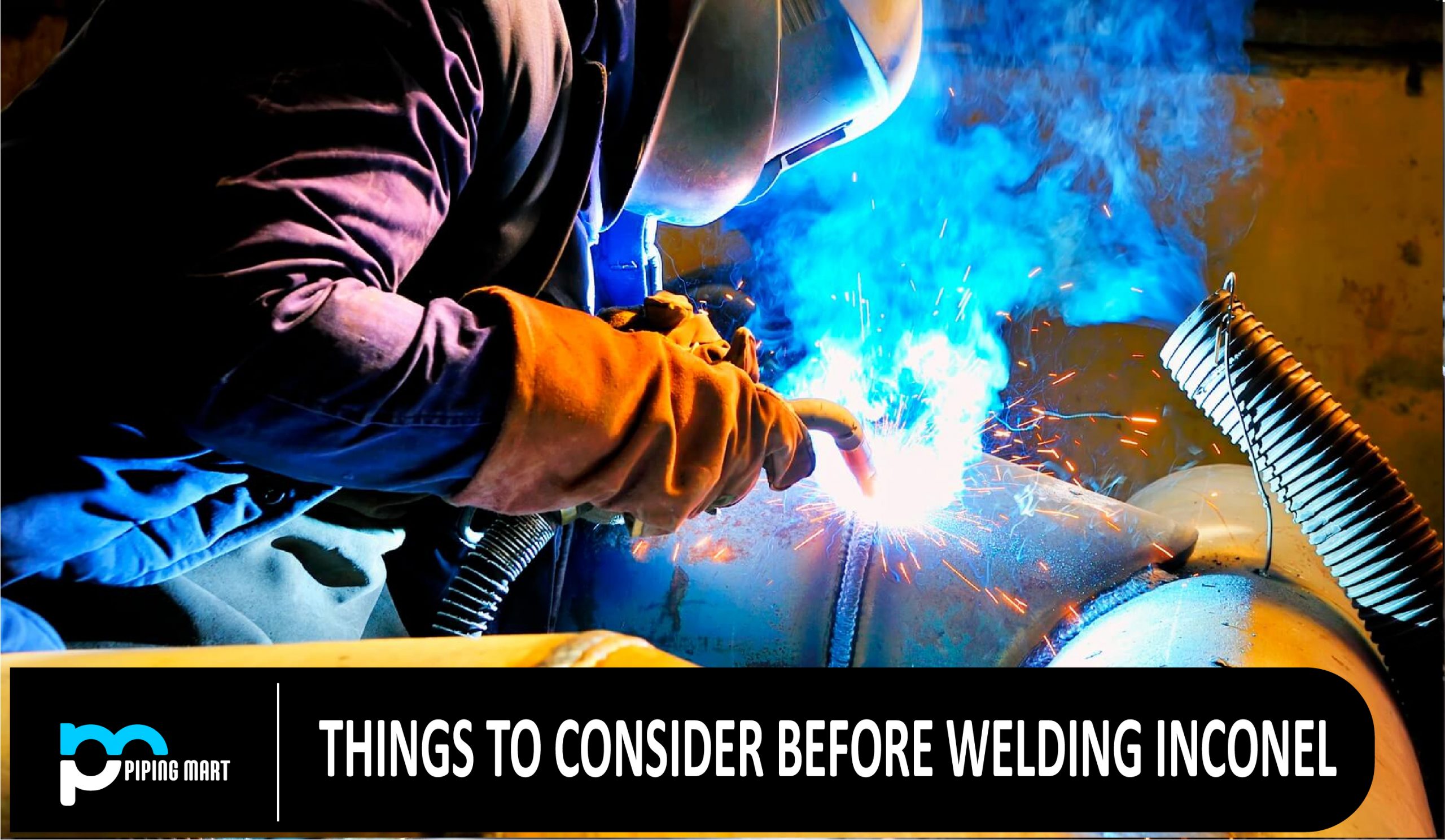In any piping system, isolation valves are highly important as they control the flow of fluids and gases. These valves are designed to seal off the line when necessary, preventing the flow of liquids or air. While they serve a crucial purpose in many different industries, there are advantages and disadvantages to using isolation valves. In this blog post, we will dive into the pros and cons of isolation valves to help you make an informed decision.
Advantages of Isolation Valves
Control Fluid Flow
Isolation valves make it easy to control the flow of fluids in a piping system. With proper installation and maintenance, these valves can ensure optimal fluid flow without interruption.
Encourage Efficiency
Using isolation valves introduces the opportunity to operate a specific line through parts or as an entire unit. When specific lines are not in use, these valves can shut them down and divert fluid flow elsewhere. This increases efficiency and saves energy and resources.
Prevent Leaks
An isolation valve is a proactive measure against leaks. It helps you prevent any potential leaks from spreading through the system before they have a chance to cause more damage. This is crucial for many industrial settings, where one single leak could lead to significant problems and maintenance issues.
Improve Safety
Isolation valves are vital for enhancing the piping system’s overall safety. These valves can lead to fewer accidents and hazards when correctly installed and operated.
Disadvantages of Isolation Valves
Cost
High-quality isolation valves with sophisticated technology cost a lot of money. Thus, utilising these valves for small-scale operations may only sometimes be feasible.
Deprive Fluid Movement
While isolation valves are advantageous, they can also be a disadvantage as they shut down the fluid flow when unnecessary. This may cause accumulations of fluid, ultimately causing blockages in the system.
Extra Monitoring
As with any mechanical component, isolation valves require proper maintenance and monitoring. You need to monitor valve operations for any failure or system irregularities.
Reduced Lifespan
Isolation valves often have a shorter lifespan than the primary components they are connected to, which can cost more in the long term.
Conclusion:
Every component has two sides, and isolation valves are no exception. While they have many advantages, the disadvantages must be carefully considered before installing them in a piping system. Whether you choose isolation valves or not, regular maintenance and system monitoring is essential to keep your installation running smoothly.

Abhishek is a seasoned blogger and industry expert, sharing his insights and knowledge on various topics. With his research, Abhishek offers valuable insights and tips for professionals and enthusiasts. Follow him for expert advice on the latest trends and developments in the metal industry.




